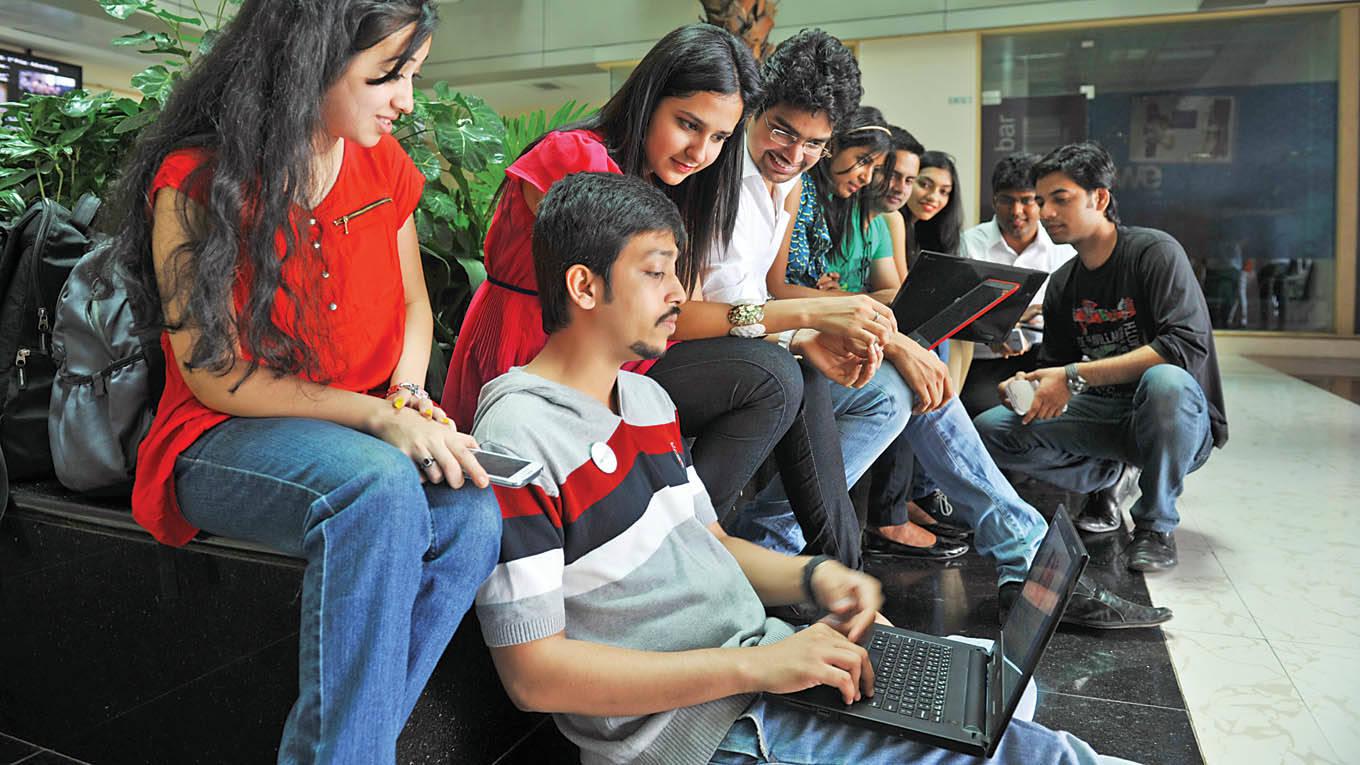
Doing an MBA is one of the crucial decisions for most aspiring managers. The decision to pursue a degree in management shapes their career in the years to come. Education in management skills is also imperative in Industry 4.0, characterised by the digital transformation taking place in the industry. An MBA imparts students with a high degree of cognitive, digital and practical knowledge, coupled with the soft skills required to solve problems and develop innovative approaches to address the challenges posed by businesses today. Industry 4.0 needs managers who are adept at technical and strategic skills, with a collaborative approach in management. The four pillars of Industry 4.0 – Big Data, machine learning, Internet of Things (IoT), and cyber-physical systems – will need managers who can provide these fundamental working principles with a strategic vision, direction, and functionality. This digital landscape’s smooth functioning depends on professionals, who can work with a hybrid structure, where the cyber and physical works blend seamlessly. Managers also bring practical applicability of digital tools for solving real-life problems and provide creative solutions. This has changed the direction of business from legacy systems to an informed and data-driven structure. Another aspect of Industry 4.0 lies in the ability to work with different teams spread across different geographies. Managers must be adept at working with remote teams, which requires multilevel digital collaborations. This also requires cross-functional expertise in varied skills, such as domain knowledge, critical thinking, business analytics, and ease with tech-based collaborative tools. These skills also distinguish an MBA-trained graduate from other disciplines. Modern management graduates are trained to work with these different tools while balancing strategic priorities with the human element. An MBA also equips a management trainee with knowledge of the changing corporate governance structures. These are practical skills that allow corporations to minimise risks and improve collaborations, while establishing prudent financial, compliance, and risk management. In a competitive market with strict regulatory mechanisms, businesses must possess essential expertise in these critical fields. Management education equips students with academic knowledge and insight into structural, organisational and cultural responsibility. This is all the more crucial in a highly-interlinked global business landscape, where managers are expected to juggle between different norms and regulations. The human element is emerging as one of the most necessary soft skills that managers must possess. A management professional will ensure a sense of ownership, responsibility, partnership, collaboration and commitment in the workplace, physically or remotely. The current pandemic has significantly changed the business landscape, bringing a higher focus to behavioural skills and interpersonal aspects. Two factors define modern management practices in the present scenario: remote working and the emergence of the gig economy. The shift towards a blended working style will require businesses to create a cooperative structure that considers its human resources. Managers have to co-ordinate between remote teams, motivating them, while aligning each team with the overall organisational vision.


































